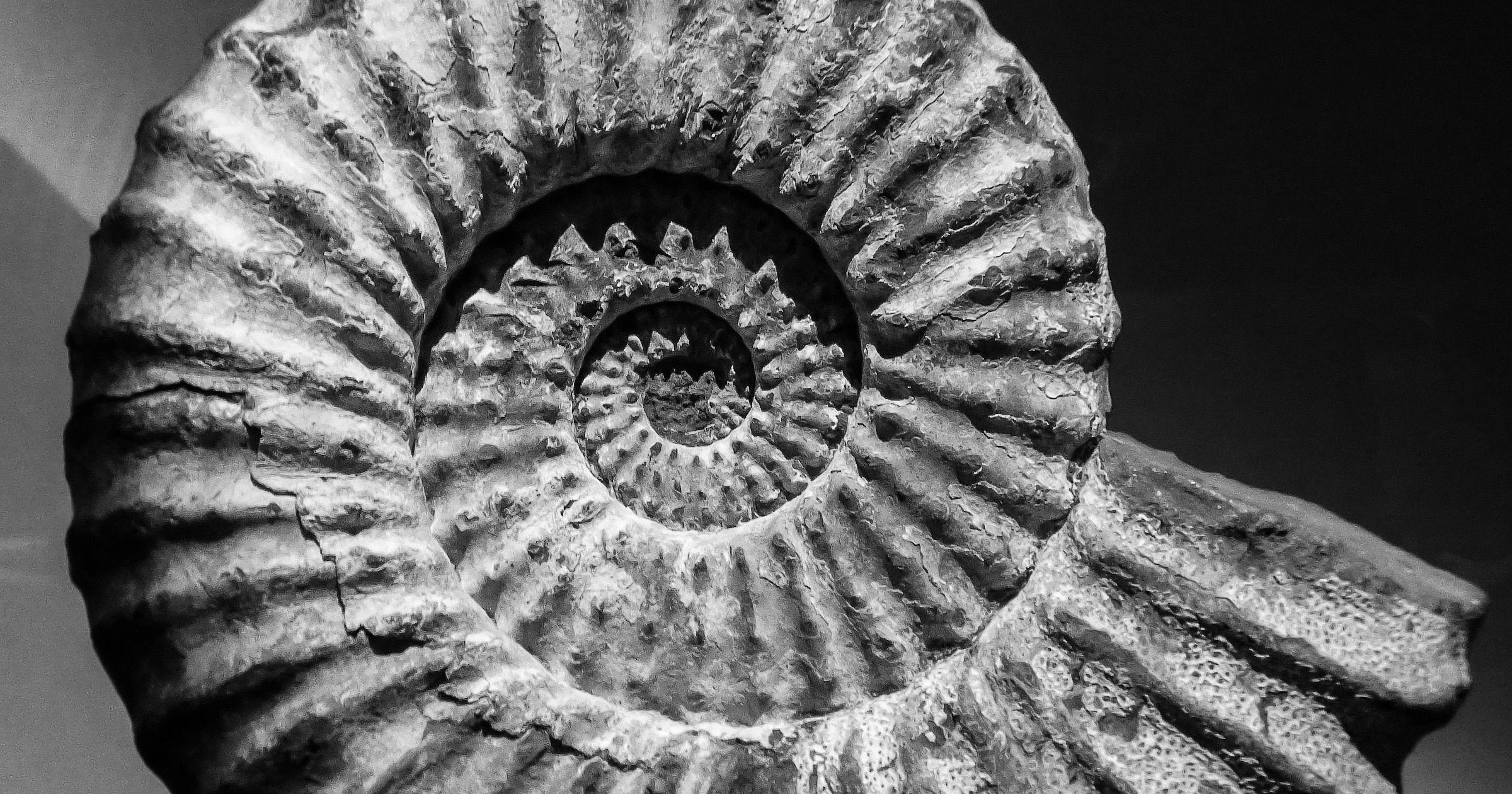 Intelligent Design
Intelligent Design
 Physics, Earth & Space
Physics, Earth & Space
Is Natural Law Irreducible?

Perhaps the most fundamental distinction between naturalism and intelligent design is where each metaphysical framework draws the line at irreducibility. Leading intelligent design theorists Michael Behe, William Dembski, and Stephen Meyer, for example, have asserted that the specified complexity of living systems cannot be reduced to natural law. Scientific atheists, aka naturalists, deny this, insisting that what is truly irreducible is natural law itself. That is, scientific atheism is based on the belief that all of reality ultimately reduces to matter and energy, and the natural law that governs the interactions between them.
Naturalism, aka materialism, aka scientism, rests irrevocably on that discrete metaphysical position. Without it, the edifice of scientism or naturalism must collapse. In writing at Evolution News on the science of purpose, my goal has been to deconstruct that foundational assertion. The next step in that undertaking is to demonstrate the reducibility of natural law itself.
What Is Natural Law?
Properly understanding natural law is crucial, and some explanations one hears are misleading. That is because the very definition of natural law was fundamentally altered about two centuries ago. That redefinition was the fateful point of departure from the millennial belief in intelligent design to the postmodern belief of scientific atheism. The origin of the traditional concept of natural law began with Pythagoras and Plato, who believed in a transcendent and immaterial cognitive intellect governing the behavior of the universe. This concept was adopted by the founders of Western science, e.g., Newton, Galileo, and Copernicus. For them the laws of nature were eternal, immutable, and irreducible because they came from the mind of God.
But that belief was discarded in 1798 by Pierre-Simon Marquis de Laplace who, as Stephen Meyer has pointed out, had no need for “the God hypothesis.” In the realm of modern scientism, the laws of nature no longer have a transcendent, immaterial/cognitive source. Instead, they are merely derivative mental constructs, expressible in mathematical equations. It is this modern prevailing concept of materialist natural law that I am addressing here.
On a close analysis of materialist natural law, an irreconcilable conflict becomes readily apparent. On the one hand, materialists define natural law simply as a formal object, i.e., a mental construct expressed in mathematical terms. But on the other hand, scientific atheists have reified the formalism as intrinsic to nature itself.
This is largely because, for the past three centuries, scientists have been primarily concerned with describing events pertaining to the inanimate realm. There, the laws of mechanics, thermodynamics, diffusion, etc. appear to be inviolate. So much so that scientific atheists have come full circle and returned to the belief that these laws are immutable, immanent manifestations of physical reality. This is even more peculiar, because at the same time, for these materialist scientists, the origin of that irreducible immutability remains inexplicable.
Beyond the Inanimate Realm
Now for the past fifty years or so, scientists have broadened their scope to the realm of life itself. There the inadequacy of materialist natural laws stands manifest in bold relief. There are in fact no “laws of nature” that apply to organisms, if one sets aside simplistic truisms such as “survival of the fittest.” If there were such laws, then specified complexity would be reducible to those laws.
What explains this impasse between the laws of physical science and the complexity of organisms? The answer is just this: the irreducible specified complexity of organisms pertains to the interactions of real objects in the living world. In contrast, as mentioned above, all materialist natural law is in fact reducible to mental constructs. Simple physical manifestations such as heat, movement, and forces of attraction have been brilliantly expressed in mathematical equations. But these formalisms are mental abstractions, and not reality itself. As elegant and useful as they are, they reach the limit of their applicability just as soon as one invokes the very simple “three-body problem.”
The Flavor of Universality
What makes materialist natural law appear universal is that it is constructed to be context-independent. That’s where the flavor or quality of universality comes from. But it is that very independence of context that severely limits materialistnatural law’s explanatory power. In the realm of the living, everything that occurs is intricately connected and context-dependent.
That is why the several laws of nature so construed by science lose applicability within complex systems, such as organisms, markets, and societies. That is to say, the applicability of materialist natural law ends precisely where specified complexity begins. When we appropriately recognize laws of nature merely as thoughtful constructs useful for modeling simple physical systems, one loses the temptation to reify their status as immanent governing principles. Thus the so-called universality of materialistnatural law could only exist at the expense of an impoverishment of explanatory power. In other words, what is “universal” about materialist natural law is a context-independent universe where life does not exist.
Accordingly, materialist natural law applies only to an imaginary world of formalisms. Materialist natural law is, by its very definition, indeed reducible to abstract mental constructs, utterly lacking in immanent character.
This is in contrast to the transcendent, divinely originated natural law that inspired science through Newton, Galileo, Copernicus, et al. Realizing this, we now have the opportunity to rediscover divine natural law even while we deconstruct materialist natural law. As I have stated before in these posts, let us recapture the wisdom of the past, thereby giving us the power to engage the future.
